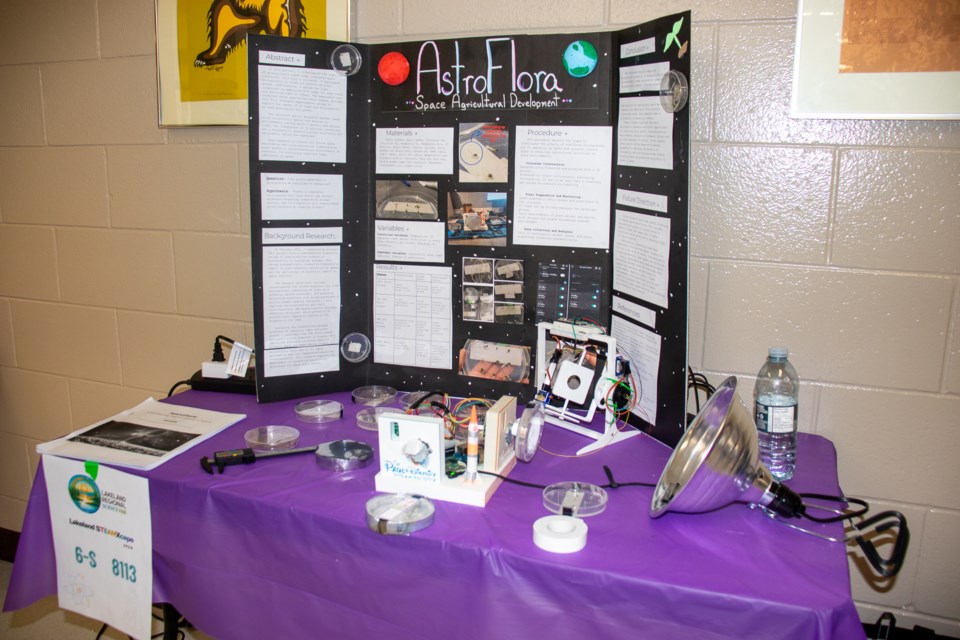LAKELAND – The Lakeland Regional Science Fair (LRSF) is on the search for participants who have a keen interest in science, and volunteers who are willing to help out with the now-annual event.
All students from Grade 4 to Grade 12 in Northeast Alberta, including homeschool students, are encouraged to sign up and participate in the science fair. Students can participate in three categories: Elementary, Junior, or the Intermediate category.
Interested students can fill out an online form through the SPDSS website, or reach out to Chris Cameron, SPDSS’ director of youth, for more information.
Hosted by the St. Paul & District STEAM Society (SPDSS), this will be the second year that the regional science fair - affiliated with the Canada-Wide Science Fair (CWSF) by Youth Science Canada - takes place in the Lakeland.
Because of the affiliation, the top four projects will advance to the national stage at the CWSF, which is being held at the University of New Brunswick from May 31 to June 6.
Cameron said the regional science fair offers many benefits for participating students, like the development of critical thinking skills and scientific literacy.
He said the process of designing and executing a scientific investigation also cultivates analytical and problem-solving abilities that are crucial both in and out of the classroom.
“Science is a tool . . . the best tool we have for understanding the world around us,” he said. The science fair offers an opportunity to help students expand their understanding of science and the world.
Mistakes will happen too, according to Cameron. “But there’s nothing wrong with mistakes,” he said, explaining it is mistakes that help create results.
“It can be a lot of work . . . it can take up a lot of time,” Cameron acknowledged. The idea of being judged can also “seem intimidating,” he added. “But it doesn’t have to be.”
At the very core of the science fair is the development of youth.
For those interested in participating, Cameron encourages them to choose a topic or an idea they think is fun or interesting.
If they’re interested in hockey, they can do a project on a puck-shooting device, he suggested.
Students can also choose to research subjects close to them, he said, like how a previously participating student, Ryan Noel, researched the dangers of vaping to raise awareness around the topic. Last year, Noel advanced to the CWSF.
“It can be as serious as you want it to be,” said Cameron.
Other than recruiting participants, organizers are also in need of volunteers and other support. For more information on how to get involved, contact Cameron at (780) 655-9430, or [email protected]



